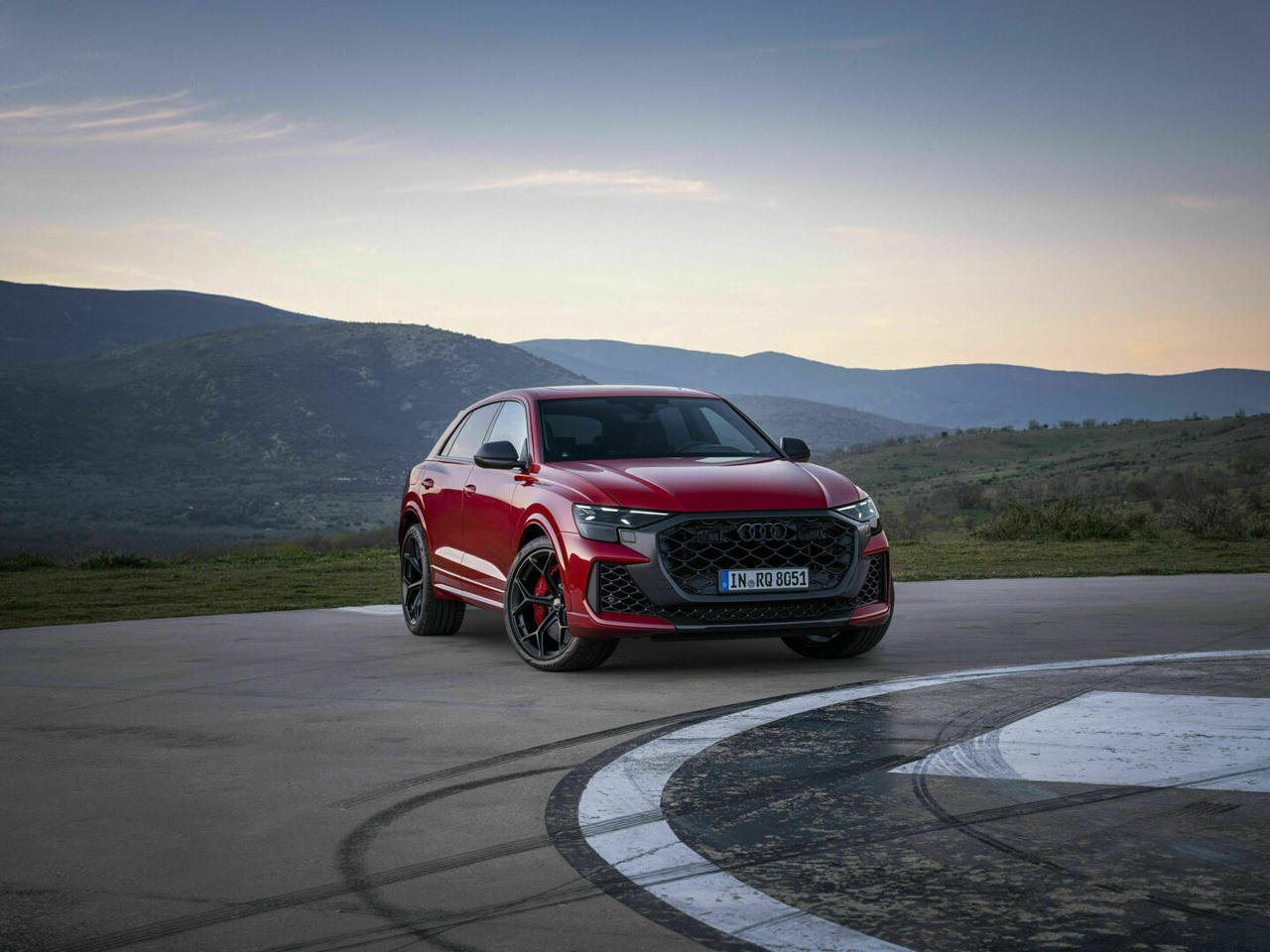Giving nature a voice
Sebastian Copeland captures and shares images of remote environments rarely seen.
Climate analyst, photographer and adventurer, Sebastian Copeland, uses his travels and his photographer to be what he calls ‘nature’s voice’.
Patrick Morda
Robert Fischer
17 April, 2023
“My photos are a tool that helps translate nature’s voice into human emotions,”
For a moment, Sebastian Copeland disappears into the snow of the Munich forrest. It takes some time before the 58-year-old’s yellow jacket can be recognised in the undergrowth again. Copeland spends hours training in the forest regardless of the weather and the season. Right now, he is beating his way through the snow on cross-country skis in preparation for his next expedition to the South Pole.
Sebastian Copeland is a climate analyst, having studied geology and glaciology among other things. At the same time, he is a photographer, author and polar explorer as well as being an adventurer – and one with a mission. For the last 25 years, he has campaigned for climate protection. He crossed Greenland and Antarctica and reached the geographic North Pole on foot. “Nature has a voice. To hear that voice, you need to understand the language,” he says.
He uses his camera to capture what he experiences along the way.
“My photos are a tool that helps translate nature’s voice into human emotions,” he says.
“We are not all scientists who can read and interpret data and models. And only very few of us have the privilege to see some of the places that I had the chance to see.”
And that’s why there are documentary films and books about Sebastian Copeland’s expeditions, many of which have won international awards. Through lectures and exhibitions, the explorer shares his experiences and makes the distant latitudes accessible to society.
“The incredible beauty of nature that speaks from interpretive images should reach the heart and then the mind of a broad public and hopefully lead to a program of action.”
Some of his photographs were also exhibited in 2021 and 2022 at the Audi stand at the Greentech Festival, which aims to promote ideas for a sustainable lifestyle. Copeland has had a partnership with Audi for the past two years, although the term ‘sustainability’ seems too short-sighted to him. “It’s become a buzz word. To me, sustainability is ready for an upgrade. It’s good but no longer enough. More accurately, we need to regenerate the whole system.”
You must always remember this, he says. “Every now and then,” he explains “we should move out of our comfort zone, leave our individual reality. Because this reality, factoring the 8.7 million known species on planet Earth, is very exclusive.” Connection, he says, transforms perceptions. But it’s not necessary to visit remote, extreme places to connect with nature.
“A walk through the park is already a good start.”
Nonetheless, when it comes to mobility, for Copeland it’s not about renunciation, but about responsibility.
“Every now and then we should move out of our comfort zone, leave our individual reality"
“Looking back in history, carbon molecules have generated progress that expanded our life span, our quality of life and knowledge and our engineering capabilities"
“Not driving a car is not necessarily the answer, I’d say. Too many people depend on cars. To me, it is more about behaviour than prohibitions. I ride my bike a lot. But my car sometimes offers me a time advantage. And time is a precious commodity. But when I go by car, it must have the lowest immediate impact.”
“Looking back in history, carbon molecules have generated progress that expanded our life span, our quality of life and knowledge and our engineering capabilities. Without it, we probably wouldn’t have penicillin, for example.” The idea is not to go back to the Stone Age but to learn from the past to avoid mistakes in the future. His two young children probably won't remember what a non-electrified vehicle sounds like. “And that”, he says,“is a fascinating and motivating thought, isn’t it?”
Electromobility for Copeland is the perfect tool to transition to a low-impact transportation industry although he doesn’t think that it will be the final say on mobility. It is remarkable how it has evolved to this point though he says.
“A few years ago, I would have had no trouble finding a parking space designated for e-vehicles in Munich. Today, however, it’s not that easy anymore. Are we doing enough to regenerate the planet? Probably not, but we should celebrate the great engineering that helps us get there.”
Subscribe
Want to ensure you always receive the latest news and features from Audi? Subscribe now to the Audi Magazine newsletter.
Audi Australia will collect, record and use your personal information for the purpose(s) of sending you the requested newsletter. You are not required to provide your personal information, however, if you choose not to provide us with your personal information, we may not be able to fulfil the purpose(s) described above. We will keep your personal information for only as long as is necessary to carry out the purpose(s) described above (unless we are required or permitted by law to hold the information for a longer period). We may disclose your personal information to our service providers and to our dealership network in Australia. We may also disclose your personal information to our related parties based in Australia and to our overseas service providers. We may, unless you have opted out, use your personal information to market our products and services to you, to improve our products and services and to invite you to events. We will act in accordance with our privacy policy which is available at http://www.audi.com.au/privacypolicy. If you would like to know more about our privacy policy and procedures and the management of your personal information, or if you would like to access or update your personal information, please contact our customer assistance team, T +1800 50 AUDI (2834), E customerassistance@audi-info.com.au
